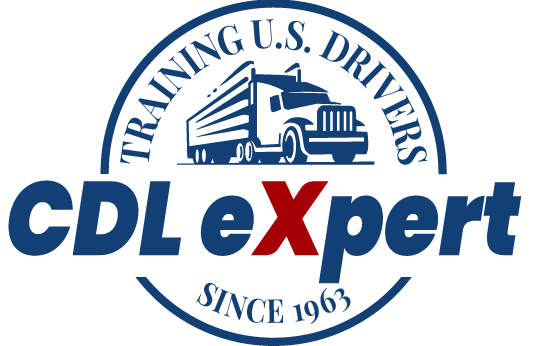Becoming a truck dispatcher is a rewarding career in the logistics industry, perfect for individuals who excel at organization, communication, and problem-solving. Dispatchers coordinate freight between truck drivers and customers, ensuring efficient transportation and timely deliveries. This guide will walk you through the skills, experience, and steps needed to succeed as a truck dispatcher, along with tips on getting started in the field.
A truck dispatcher’s role involves managing the logistics of freight deliveries. Your day-to-day tasks include coordinating loads with drivers, communicating with customers to keep them informed, managing schedules to ensure drivers adhere to Hours of Service (HOS) regulations, and handling last-minute route changes. Dispatchers are key players in the transportation industry, ensuring that deliveries meet deadlines while keeping everything running smoothly.
Essential Skills for Truck Dispatchers
To succeed as a truck dispatcher, you’ll need to develop key skills, including:
Communication Skills: Dispatchers constantly interact with drivers, customers, and suppliers. Being clear and concise is crucial for avoiding misunderstandings and ensuring smooth operations.
Organizational Skills: You’ll need to manage multiple loads, schedules, and routes efficiently, keeping everything in order.
Problem-Solving Abilities: Unexpected issues like delays or changes in routes are common in logistics. Dispatchers need to think quickly and find the best solutions to keep everything on track.
Tech Savvy: Dispatchers use digital tools like fleet management software, GPS tracking systems, and transportation management platforms to coordinate and track loads. Being comfortable with technology is a must.
Educational Path and Training
While formal education is not always a requirement, a high school diploma or GED is generally expected. Additional education or training in logistics or business can be an advantage. Consider the following options to strengthen your qualifications:
Logistics Courses: Studying logistics or supply chain management helps you understand industry-specific concepts.
Truck Dispatch Training Programs: These specialized programs teach essential skills such as route planning, managing driver hours, and working with dispatch software.
Industry Knowledge for Success
A solid understanding of the trucking industry is crucial for dispatchers. Key areas to focus on include:
Hours of Service Regulations: Familiarize yourself with Department of Transportation (DOT) rules, such as driving limits and required breaks for truck drivers.
Fleet Management: Learn how to oversee multiple drivers and vehicles while maximizing efficiency and minimizing costs.
Freight Market Trends: Staying informed about market trends helps you plan routes and dispatch drivers to high-demand areas.
How Many Years of Driving Experience Do You Need?
Although driving experience isn’t required, it can greatly enhance your effectiveness as a dispatcher. Many logistics companies prefer candidates with 2-3 years of truck driving experience, as it provides insight into realistic delivery times and road conditions, the challenges drivers face, such as navigating routes or managing HOS requirements, and vehicle maintenance and safety concerns.
Having driving experience enables dispatchers to make better decisions, improving communication with drivers and handling route changes or delays more effectively. While it’s not mandatory, it sets you apart from other candidates. Some companies, however, may hire dispatchers without driving experience if they have strong communication and organizational skills.
Gain Practical Experience
Before jumping into a full-time dispatcher role, consider gaining experience in related positions. This might include:
Logistics Support Roles: Working in logistics or a related field gives you hands-on experience managing schedules and routes.
Customer Service: Strengthening your communication skills in a customer-facing role can help you handle driver and client interactions smoothly.
Truck Driving: As mentioned, driving experience is invaluable and can fast-track your career as a dispatcher.
Job Search and Career Opportunities
Once you have the skills and knowledge, start applying for truck dispatcher positions. Many companies, especially those with large fleets, offer on-the-job training for dispatchers. There are also opportunities for remote dispatching, allowing you to work from home using transportation management software.
Look for companies that:
Value your logistics knowledge or driving experience.
Offer training programs for new dispatchers.
Provide opportunities for growth within the logistics field.
Continuous Learning for Career Growth
To stay competitive and successful in the field, it’s important to keep learning. Attend industry workshops, webinars, or take advanced logistics courses to stay updated on new regulations, dispatching technologies, and trends in the freight market. Staying up-to-date will help you stand out and could lead to promotions or higher-paying roles as you gain more experience.
Get Started with CDL eXpert
If you're ready to start your career in commercial truck driving, CDL eXpert offers training and certification to help you take the first step. Our programs not only prepare you for CDL driving but can also set you up for a career in dispatching, logistics, or fleet management. If you’re looking to be part of the truck driving industry our expert-led courses will give you the skills and knowledge to succeed in this growing industry.
Take the first step today and explore our courses to kickstart your career as a truck dispatcher!

תגובות